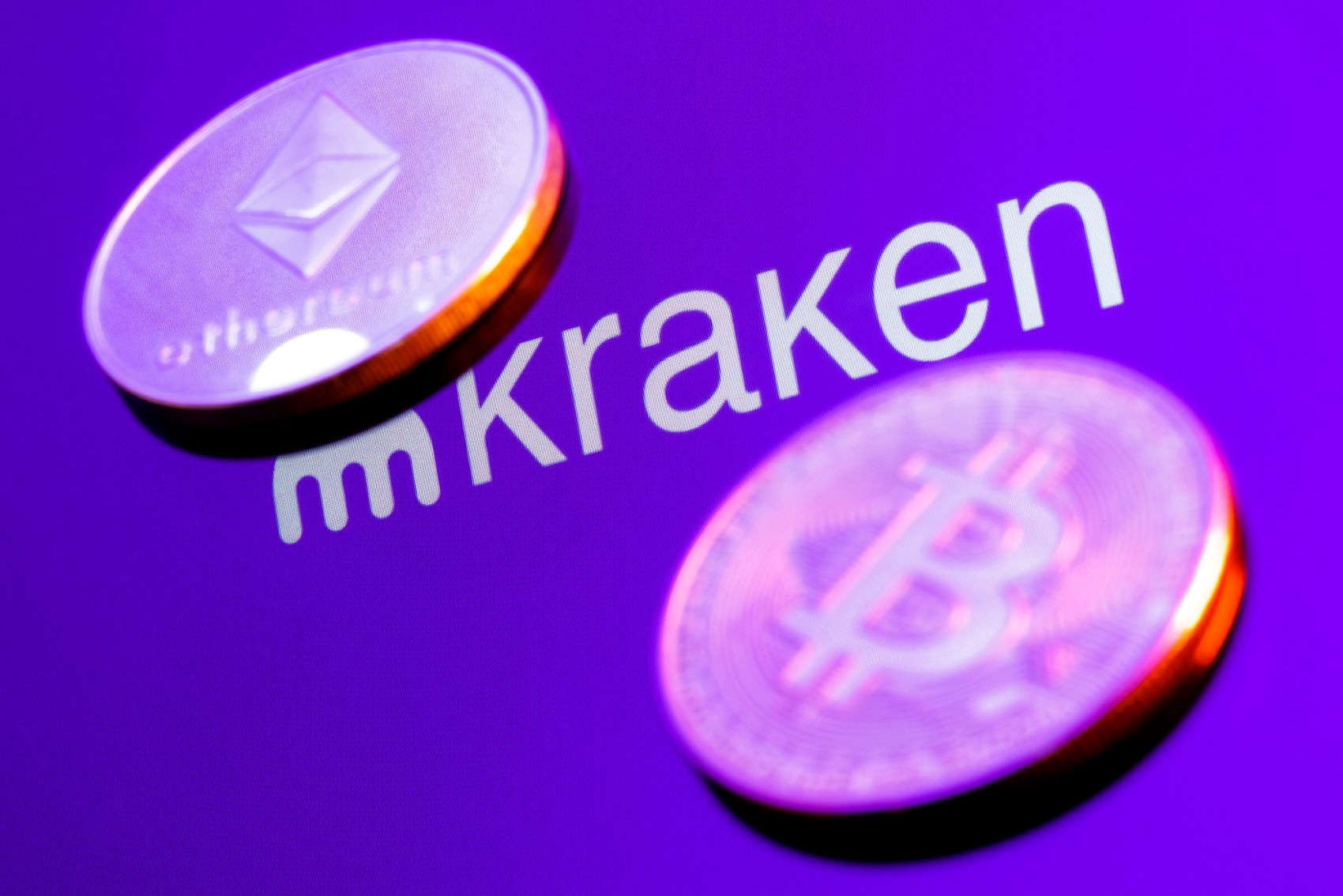In the ongoing legal clash between Ripple and the SEC, the regulatory body has rebuffed Ripple’s $10 million settlement offer, reiterating its demand for a hefty $102.6 million penalty. This decision underscores the SEC’s resolve to enforce stringent penalties for what it perceives as significant securities violations. It highlights the persistent friction between regulators and cryptocurrency firms.
The protracted legal battle between Ripple Labs and the U.S. Securities and Exchange Commission (SEC) has reached a critical juncture. The SEC has unequivocally turned down Ripple’s proposed $10 million settlement, asserting its stance for a more substantial $102.6 million resolution. This move underscores the SEC’s commitment to rigorous regulatory oversight in the cryptocurrency sector.
Context and Background
Initiated in December 2020, the SEC’s lawsuit against Ripple accuses the company of conducting an unregistered securities offering worth over $1.3 billion through its XRP cryptocurrency. The case holds significant implications for how digital assets are classified and regulated in the United States.
>>> Read more: Ripple XRP Still In Court – SEC Pursues $2 Billion Fine
Ripple’s Defense Strategy
Ripple contends that XRP should be classified as a currency rather than a security. This stance was met with varied judicial responses. Recently, Ripple proposed a $10 million settlement, citing a precedent set by the SEC’s settlement with Terraform Labs. However, the SEC rejected this proposal, emphasizing the severity of Ripple’s alleged violations.
SEC’s Firm Stand
The SEC’s insistence on a $102.6 million penalty signals its intent to hold Ripple accountable and establish a deterrent for other cryptocurrency firms. The SEC maintains that stringent penalties are necessary to prevent misconduct and ensure compliance with securities laws. A lesser penalty would undermine the purpose of enforcement actions.
Broader Implications for the Crypto Industry
The cryptocurrency community closely watches the outcome of this case as it could shape future regulatory frameworks. The SEC’s assertive approach reflects broader efforts to heighten scrutiny over digital assets. That impacts how cryptocurrencies and blockchain projects navigate compliance and regulatory negotiations.
Market Response and Future Outlook
Legal developments surrounding Ripple have injected volatility into XRP’s market valuation, reflecting investor uncertainty. Market participants eagerly anticipate clarity with the lawsuit progressing toward a potential resolution. A favorable settlement could stabilize XRP’s value, contingent upon the outcome favoring Ripple.
The SEC’s rejection of the $10 million Ripple proposal in favor of a $102.6 million penalty underscores its resolute enforcement stance within the cryptocurrency sector. This high-profile legal battle emphasizes the friction between regulatory bodies and the swiftly evolving digital asset industry. As the lawsuit nears its conclusion, its outcome will profoundly impact Ripple, XRP, and the broader cryptocurrency landscape. It could establish a precedent for U.S. digital asset regulation.
Readers’ frequently asked questions
Why did the SEC reject Ripple’s $10 million penalty proposal?
The SEC rejected the $10 million Ripple penalty proposal because it believed that such a low penalty would undermine the purpose of civil penalties. They are meant to deter misconduct and enforce compliance with securities laws. The SEC emphasized that Ripple’s violations were significant and warranted a higher penalty to reflect the severity of the alleged unregistered securities offering.
What are the implications of this case for the broader cryptocurrency industry?
The Ripple vs. SEC case is significant for the cryptocurrency industry because it could set a precedent for how digital assets are classified and regulated in the United States. A ruling against Ripple could lead to stricter regulatory oversight for other cryptocurrencies and blockchain projects, potentially requiring them to comply with securities laws. This case highlights the tension between regulatory authorities and the rapidly evolving digital asset market.
What might happen next in the Ripple vs. SEC lawsuit?
As the lawsuit progresses, several outcomes are possible. Ripple and the SEC could reach a settlement, possibly with Ripple agreeing to a higher penalty and implementing measures to ensure future compliance. If the case goes to trial, a court decision will set a precedent for how similar cases are handled in the future. The outcome will likely have significant implications for Ripple, its XRP token, and the broader cryptocurrency market, potentially influencing regulatory policies and industry practices.
What Is In It For You? Action Items You Might Want to Consider
Monitor Regulatory News Closely
Stay updated on any new developments in the Ripple vs. SEC case. Regulatory decisions can have significant impacts on market sentiment and asset prices. Use reliable sources like the SEC’s official statements or trusted crypto news websites.
Diversify Your Portfolio
Given the volatility surrounding XRP due to this legal battle, consider diversifying your investments. This can help mitigate risks associated with any adverse outcomes in the Ripple case.
Set Strategic Alerts
Use trading platforms to set price alerts for XRP. Sudden price movements can occur due to updates in the legal proceedings. Being promptly informed allows you to make timely trading decisions, whether to capitalize on price surges or to minimize losses.











[…] >>> Read more: SEC Denies $10M Ripple Proposal, Pushes for $102.6M Penalty […]